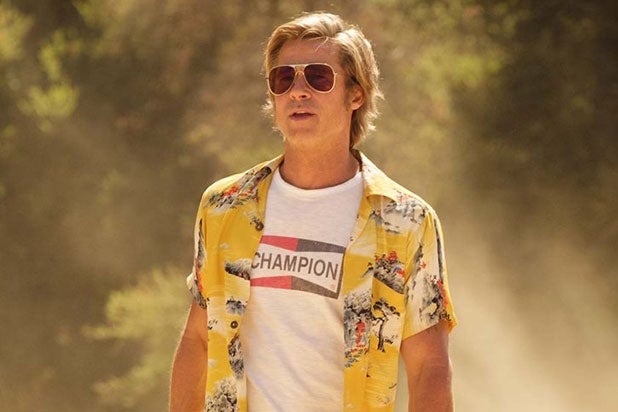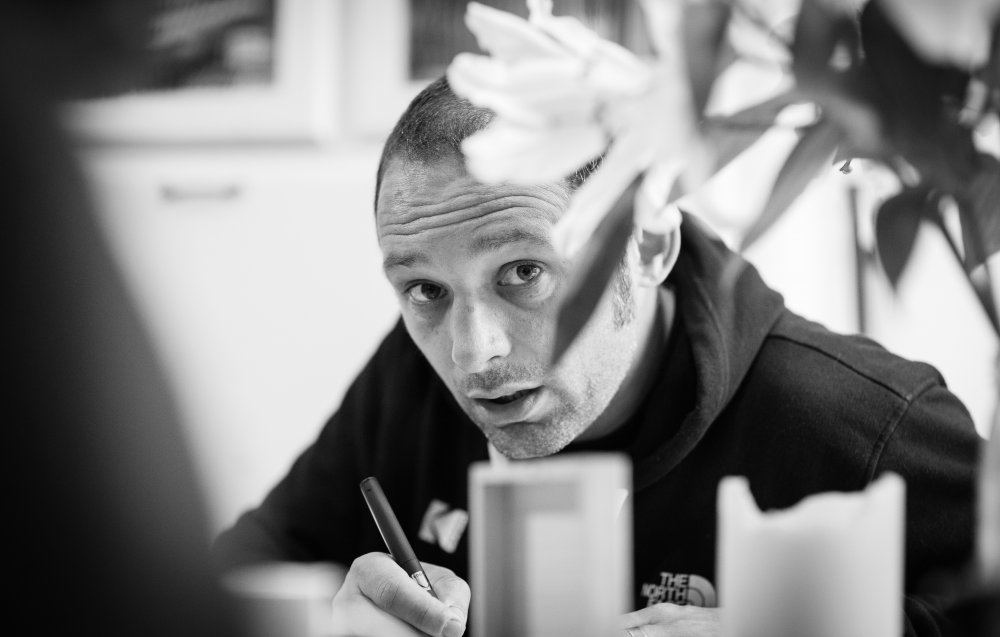How to see out the year? Cinephiles who've exhausted the altogether limited options on offer at the megaplex might just plump for a long, slow throwback, an art film that invites reflection on all that has passed, and which seems to know in its very soul that all things must pass. The Chinese writer-director Bi Gan's Long Day's Journey Into Night forms a revival of the kind of moodpiece Wong Kar-Wai was manufacturing 15-20 years ago, before he got tangled up in his own aesthetic. It has the neon-lit longing and the gangsters and estranged lovers, shot through glass, grilles or doorways, the very framing leading us to question whether what we're watching is actually taking place, or a memory, or a dream; the key difference is that Gan replaces Wong's shimmering prettiness with damp, lived-in post-industrial vistas that recall Blade Runner before they do In the Mood for Love. See it in the right cinema, and when the title finally appears on screen - around the 75-minute mark - you'll be invited to don 3D specs for the duration of the exquisitely choreographed 50-minute single take that forms the movie's final act; these glasses will allow you too to roam among all this scrap and bric-a-brac, turning it over and piecing it together, and to join the film's protagonist in looking and maybe longing for someone who may be long gone.
Somewhere amid the mood and style, shuffling along beneath the ambient synthscapes and twangy-plangent Paris, Texas guitar, you may even detect a story, albeit what initially feels like a thin slip of a tale. It's the story of Luo (Jue Huang), a diffident smoker who returns to his hometown of Kaili in the wake of his parents' death, and is almost immediately beset by thoughts of the woman he once crossed paths with thereabouts some twenty years earlier. The woman is Wan Qiwen (Wei Tang), more of a girl or a moll back then, linked as she was to Luo's best friend, a low-level criminal doomed to meet a sorry fate at the bottom of a mineshaft. Within that overarching story, we hear smaller tales and testimonies, as Luo, suddenly bereft, drifts towards those who knew Wan to try and confirm her existence - to prove beyond doubt that he hasn't just dreamt her up. Gan is himself meandering towards some glinting, angular existential truth here, you feel. We've surely all been in relationships where the object of desire became so obscure we've wondered what just happened, or whether the relationship happened at all. (Consider, too, the inverse of those relationships: those that might have been - that were only ever a daydream or fantasy.)
The film made headlines in China a year ago after audiences turned out en masse for what had been loudly trumpeted as a romantic event movie; takings declined sharply, however, once word-of-mouth spread that, far from the stirring 3D spectacle it had been sold as, LDJIN was an experience closer to that sedate, meditative video art one might encounter in a backroom of the ICA. (The social-media hashtag it spawned translated as #CantUnderstandLongDaysJourneyIntoNight.) The stark tail-off is understandable: the multiplexers had been sold an unusually docile pup. Yet approach it on its own terms, and Gan's film proves quietly fascinating, if you allow yourself to be fascinated. For one thing, it has a great obscure object of desire in Tang, vastly more present and engaged than she ever was in the recent commercial thriller The Whistleblower: she compels a rapt attention even in an apparently throwaway insert of Wan succumbing to tears while shovelling citrus into her gob at the movies, the shot being both the kind of arbitrary memory our protagonist is clinging to and a tangy update of the magic Godard worked with the late Anna Karina in Vivre Sa Vie. Among the many things Gan is inviting us to miss or mourn in the course of these 134 minutes: a certain kind of auteur cinema, at once wispy, wayward and full of wonder.
You couldn't easily pitch Long Day's Journey Into Night, certainly, so dependent is it for its effects on the unlikely content of individual shots and sequences: a glass of water (half-full? half-empty?) being rattled inexorably towards the edge of a table, a distraught man wolfing down an apple, core and all, a very Béla Tarr-ish set-up involving a pedlar and a spooked donkey. Nor does it make commercial sense to peddle it as anything other than what it is: the message it sends us out into the cold midwinter's night with is the hardly consoling one that there are people that will get away from us, and that we're lucky even to cling onto trace elements of their being. Yet Gan whips up a rare, fatalistic poetry that is beguiling while you're caught up in it, and finally distinct from the wafty, jade-and-jasmine perfume-ad elegance Wong has typically traded in. Every frame of LDJIN is rooted in the everyday: smoky cinemas with beat-up seats, rundown workshops, tumbledown housing, and beneath all these, those mineshafts, a place you really have to dig to get to. The picture that connects them is near-unique as a realist reverie, one that ghosts sinuously through spaces that don't strike the eye as constructed or designed, rather abandoned and stumbled across, reclaimed as an authentically rough-hewn backdrop for a study in the primacy of seeing as believing. Those 3D glasses aren't a means of escape, for once, but a means of protection along the lines of a windshield or safety specs, put between the viewer and the hard, often melancholy facts life throws up as we move ever onwards and leave that which has passed behind. Have the happiest of New Years, everyone. If you can.
Long Day's Journey Into Night is now playing in selected cinemas, and streaming via Curzon.

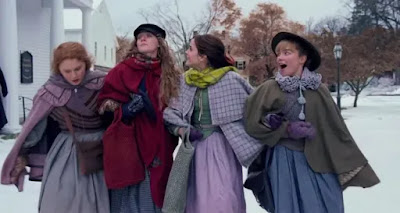


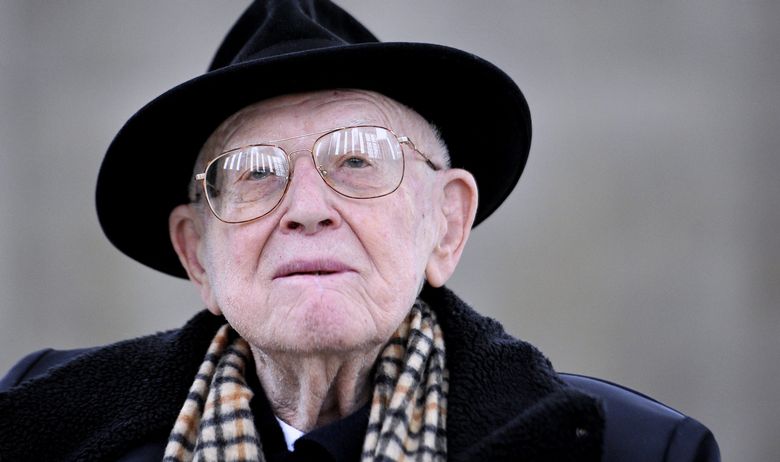


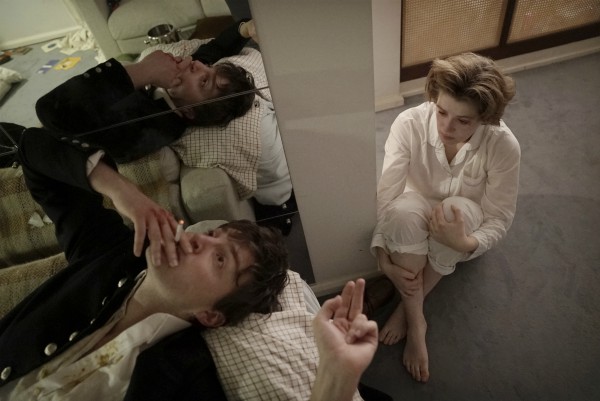
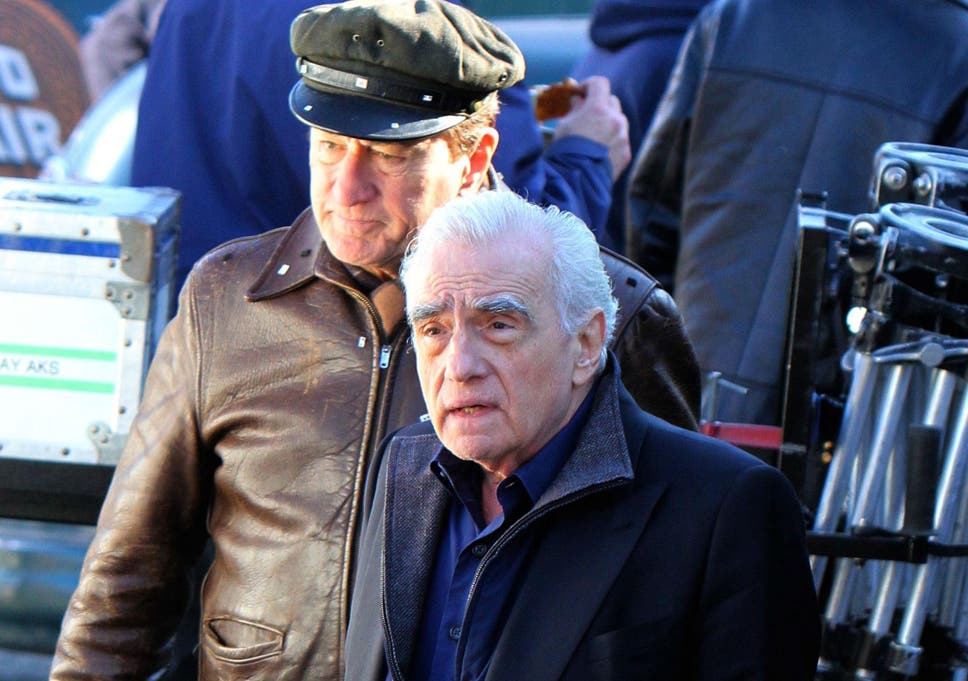
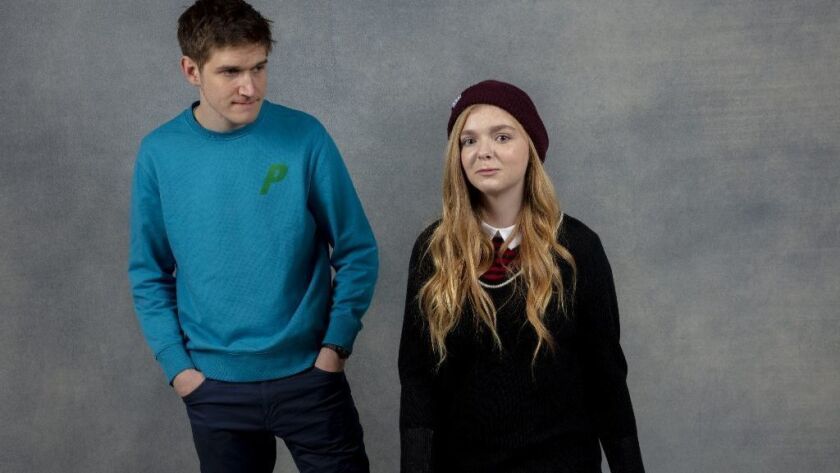

/cdn.vox-cdn.com/uploads/chorus_image/image/61464771/sisters2.0.jpg)

